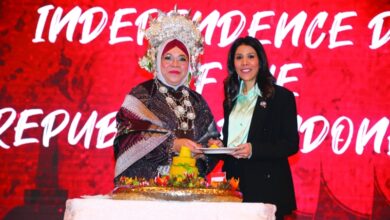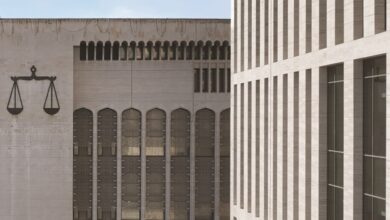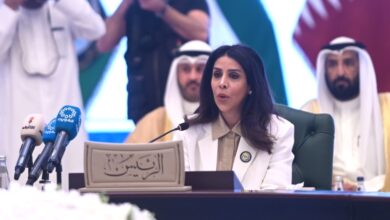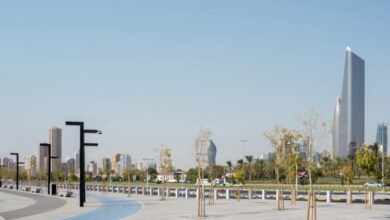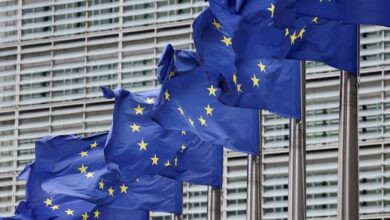Sale of sea turtles forbidden by law; Kuwait expands conservation efforts
Kuwait's conservation efforts are aligned with several international and regional agreements, including the Convention on Biological Diversity, CITES, and the commitments of the Regional Organization for the Conservation of the Marine Environment (ROPME)
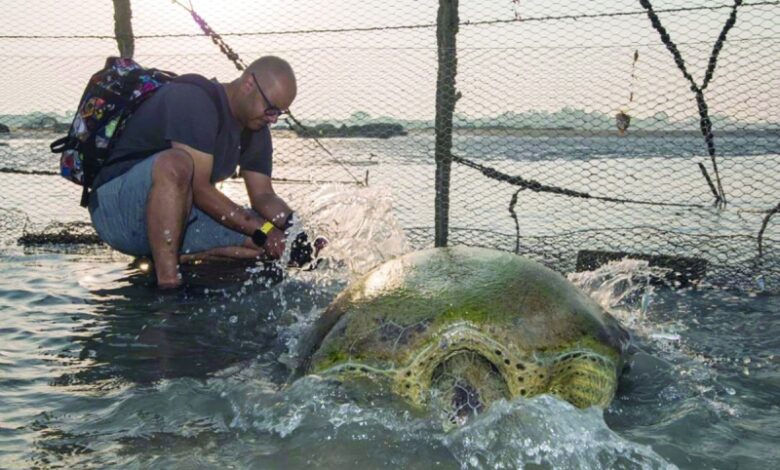
Environmental expert Dr. Abdullah Salem Al-Zaidan said the sale of sea turtles is strictly prohibited under Kuwait’s Environmental Protection Law, while the sale of land turtles is permitted only with official permission, including verification of the fact that they were imported legally, in accordance with the CITES Convention (Convention on International Trade in Endangered Species of Wild Fauna and Flora).
Speaking to Al-Rai on the occasion of World Sea Turtle Day (celebrated annually on June 16), Al-Zaidan emphasized Kuwait’s growing commitment to protecting sea turtles.
Among the most recent initiatives is a collaborative effort between the Environment Public Authority (EPA) and The Scientific Center, which led to the release of nine green sea turtles into the wild.
Some of these turtles were fitted with tracking devices as part of a national sea turtle monitoring project in partnership with the Kuwait University.
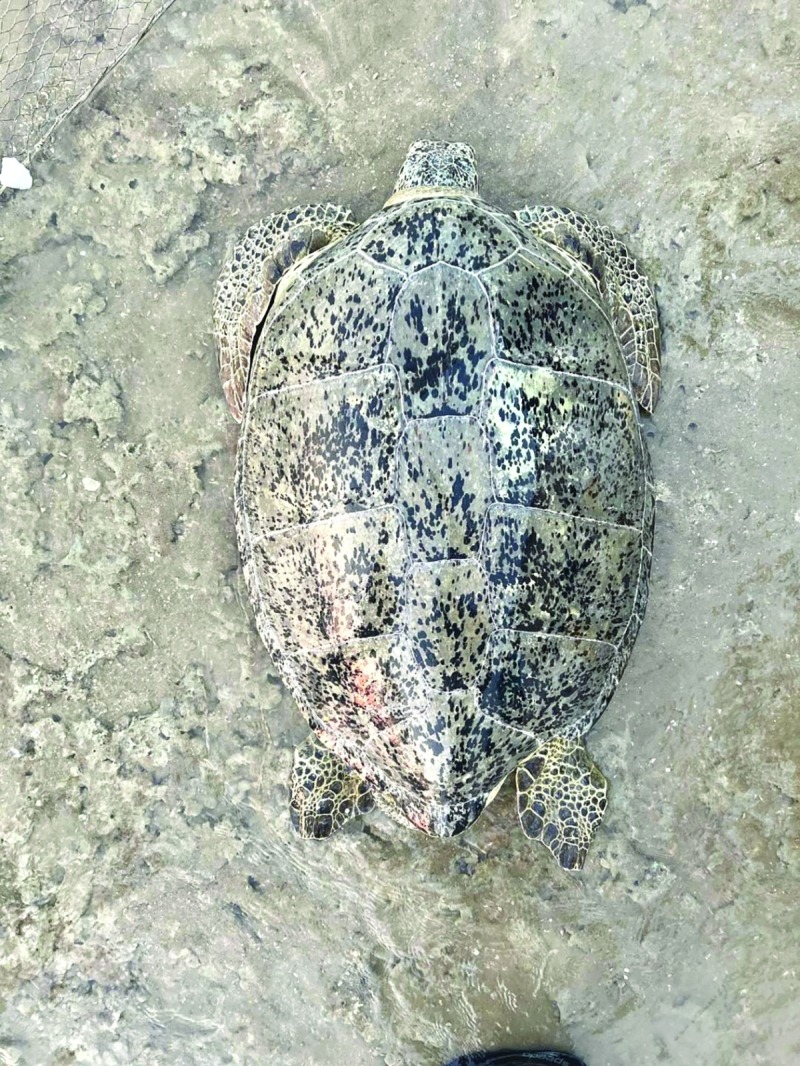
Al-Zaidan noted that six species of sea turtles are listed as threatened on the IUCN Red List, facing dangers such as entanglement in fishing nets, destruction of nesting sites, loss of habitat, boat collisions, marine pollution, and the impacts of climate change.
He highlighted that Kuwait is home to two native species — the green turtle and the hawksbill turtle, both commonly found around the southern islands of the country.
Tracing Kuwait’s history with turtles back to ancient times, Al-Zaidan pointed to archaeological evidence on Failaka Island, where turtle engravings date back to the Dilmun civilization (circa 2000 BCE).
He also noted Kuwait’s active participation in international conservation frameworks, including its 2024 accession to the Memorandum of Understanding on the Conservation and Management of Sea Turtles and Their Habitats in the Indian Ocean and Southeast Asia (IOSEA).
Al-Zaidan praised the turtle rescue and rehabilitation program led by the Scientific Center, which has seen increasing coordination with the local NGOs, the Coast Guard, the Kuwait University, and members of the public. Notably, rehabilitated turtles were successfully released for the first time in 2022 and 2023.
Kuwait’s conservation efforts are aligned with several international and regional agreements, including the Convention on Biological Diversity, CITES, and the commitments of the Regional Organization for the Conservation of the Marine Environment (ROPME).
Al-Zaidan also cited Article 100 of Environmental Protection Law No. 42 of 2014, which explicitly prohibits the hunting of wild organisms and the disturbance of their nesting areas, reinforcing the legal framework for sea turtle protection.













